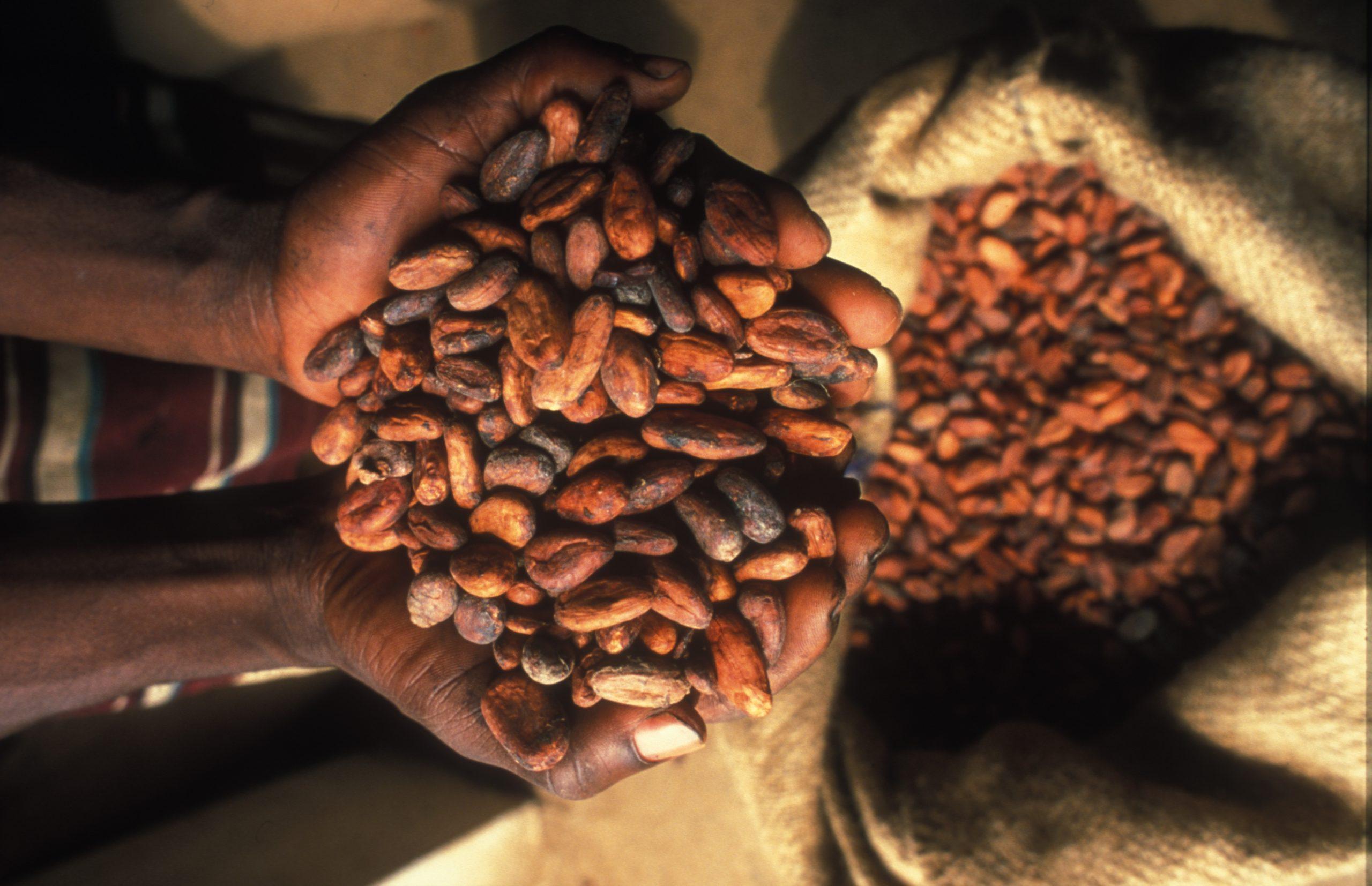Health Benefits of Dark Chocolate
While you probably don’t need us to give you a reason to eat dark chocolate every day, you may be surprised by all the scientifically-backed health benefits it boasts! Here are five claims that validate your dark chocolate addiction…
- Boosts your mood - Yep, chocolate really does make you happy! Dark chocolate contains a small amount of an amino acid called tryptophan, which the brain uses to make serotonin – this is known as the “happy chemical” as it causes a feeling of wellbeing.
- Lowers insulin resistance - A study in the British Journal of Nutrition found that eating a small amount of dark chocolate (up to 100g a day) with high levels of cocoa led to reduced insulin resistance, which in turn could help prevent type 2 diabetes.
- Good for the heart - A study of 4970 participants in Boston showed that eating dark chocolate at least five times a week reduces both blood pressure and cholesterol levels, and lowers the risk of cardiovascular disease by 57%, due to the flavonoids (beneficial phytonutrients) found in cocoa.
- High in antioxidants - Dark chocolate is packed with a wide range of powerful antioxidants, including polyphenols, flavanols and catechins. If you’re wondering what these are, they help protect cells from being damaged and get rid of harmful free radicals in the body.
- Reduces stress hormones - Would you believe that dark chocolate can even help to alleviate stress? Studies have found that it reduces the body’s levels of cortisol (the natural stress hormone), as well as the “fight-or-flight” hormones known as catecholamines. No wonder we crave chocolate when we’re stressed!
However, don’t forget that even though chocolate can be highly nutritious, like everything in life its best consumed in moderation!
Why is “high cocoa” good for farmers and for the environment?
It is good news for farmers if chocolate lovers are increasingly exploring and enjoying higher cocoa chocolates. The simple reason is that the more cocoa in the chocolate, the more cocoa we need to buy – and that means more income for farmers. There was a time when nearly all the chocolate on sale had a high milk and sugar content with sometimes as little as 20% cocoa solids, so you can imagine that a trend towards 70% cocoa and higher could make a big difference.
The Divine model not only delivers Fairtrade premium on top of the cost of the cocoa, but also the biggest share of profits to the farmers’ coop in Ghana that owns the company. The coop in Ghana, and also the cocoa farmers in Sao Tome and Sierra Leone, and the sugar farmers in Malawi Divine also buys from also benefit from a share in our PS&D (Producer Support and Development Fund – 2% of our annual turnover) invested in their priority farmer projects, including for the last 20 years, working to empower women farmers. In addition, the Sao Tome farmers are not only receiving the Fairtrade premium, but the organic premium too – so even more income for their cocoa.
The more farmers receive, the more investment they can put into learning adaptive farming methods, including diversifying into additional crops (which improves soil, brings in additional income, and provides food for families), as well as education, and all the most important community improvements.
Fairtrade premium is used by farmers to sink wells for drinking water, send their children to school, and improve local schools, improving sanitation, and paying for healthcare, as well as paying for vital equipment, for example corn mills, to run their own businesses.
Divine’s PS&D is currently directly supporting farming training and a gender equality programme in Sao Tome, and an innovative Forest Friendly programme in Sierra Leone, which enables farmers to improve their cocoa crop without cutting down trees to grow more, but by living in harmony with the rainforest and its wildlife.
In summary, dark chocolate is better for you, farmers and the environment, milk chocolate is higher in sugar and milk fat.
Written by
Eli Brecher & Charlotte Borger
https://www.instagram.com/elibrechernutrition/
https://twitter.com/elibrecher
References:
Daily chocolate consumption is inversely associated with insulin resistance and liver enzymes in the Observation of Cardiovascular Risk Factors in Luxembourg study. British Journal of Nutrition. 2016. 17:1-8.
Chocolate consumption is inversely associated with prevalent coronary heart disease: The National Heart, Lung, and Blood Institute Family Heart Study. Clinical Nutrition Journal. 2011. 30(2):182-7.



